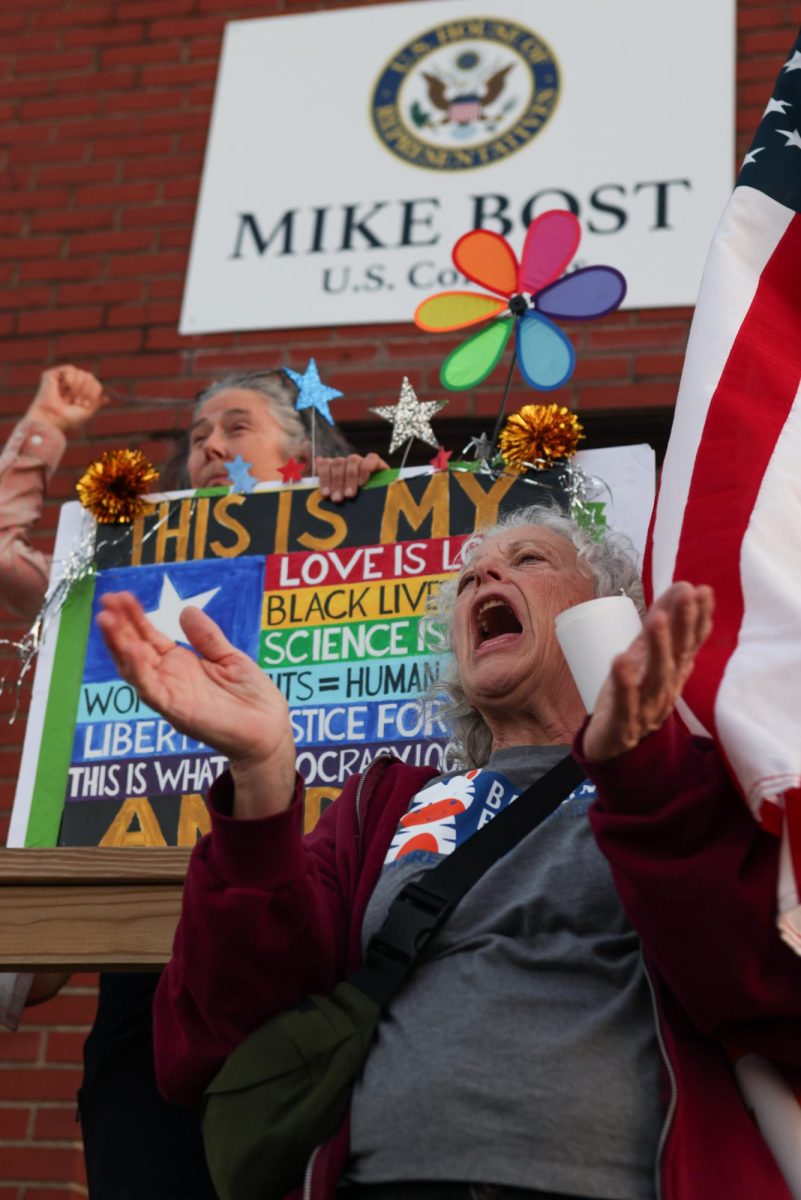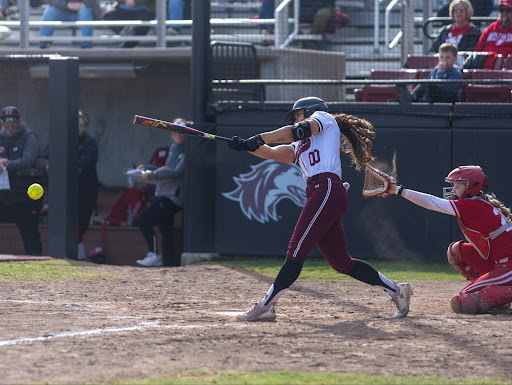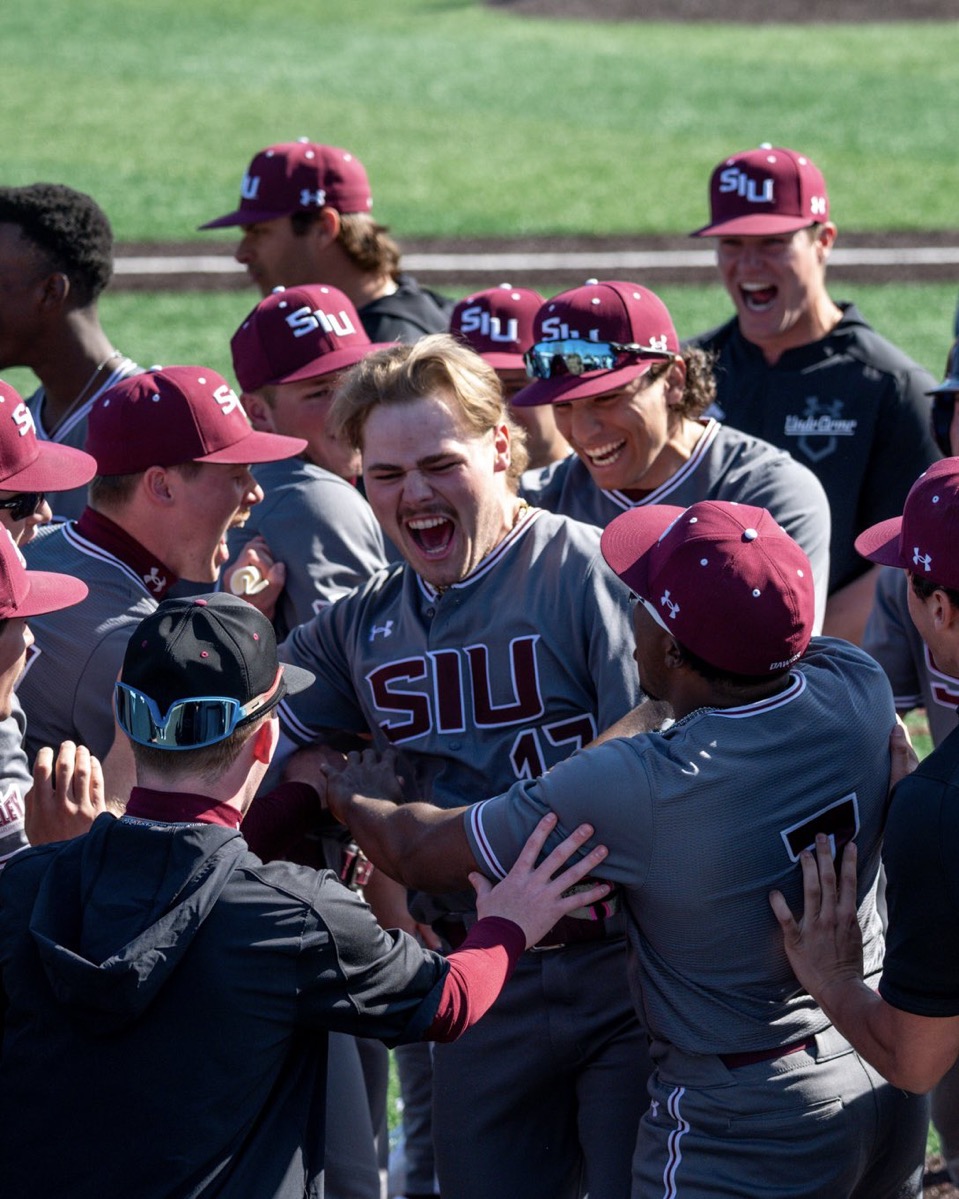Missouri, Illinois March primaries will be in a decisive season
February 8, 2016
March is the decisive month in the 2016 presidential primaries, and Missouri and Illinois are smack in the middle of it.
With New Hampshire’s Tuesday primary looming and South Carolina and Nevada showdowns coming later this month, February is mainly about sorting presidential contenders from pretenders, and building and losing momentum. The bulk of delegates necessary to win the Democrats and Republicans will be chosen next month, beginning March 1 with an 11-state “Super Tuesday” concentrated mostly in the South.
Then on March 15, Illinois and Missouri join plum general election swing states North Carolina, Florida and Ohio. That day will feature the first winner-take-all state primaries. Half the delegates in both parties will have been chosen by March 15.
Advertisement
On the Republican side, for instance, Ohio and Florida have a combined 165 delegates, about 13 percent of the 1,237 necessary to win the nomination. Missouri’s and Illinois’s 52 and 69 Republican delegates, respectively, will be apportioned on a hybrid basis by congressional district, although if a single candidate wins more than 50 percent of the vote in either state, that candidate takes all the delegates.
Presidential campaign activity is starting to stir on the ground in Missouri. The large Republican field has divided up the endorsements.
Rep. Ann Wagner, R-Ballwin, endorsed former Florida Gov. Jeb Bush. Rep. Jason Smith, R-Cape Girardeau, endorsed Florida Sen. Marco Rubio. Missouri House Speaker Todd Richardson and state Senate President Pro Tem Ron Richard are among multiple state legislators who are also behind the Florida senator. Former U.S. Rep. Kenny Hulshof has endorsed Ohio Gov. John Kasich, and Rep. Sam Graves, R- Tarkio, has endorsed Sen. Ted Cruz, R-Texas.
Among Democrats, more than 60 leading Missouri Democrats, lead by Sen. Claire McCaskill, Gov. Jay Nixon, and Rep. William Lacy Clay, D-St. Louis, last fall endorsed former Secretary of State Hillary Clinton. Clinton has field organizers in the state, but her campaign won’t disclose how many. Sen. Bernie Sanders’ insurgent campaign is sending two organizers to Missouri this weekend, and his campaign strategists hope to tap as grass-roots activists about 1,000 Missourians who, the campaign says, are using a cellphone app developed by the Sanders volunteers.
Called “Field the Bern,” the phone app has allowed those Missourians to contact and build data profiles of people in Iowa, New Hampshire, and other early primary states on Sanders’ behalf.
Mo Elleithee, a top spokesman to Clinton’s 2008 national campaign who now runs Georgetown University’s new Institute of Politics and Public service, said the importance of the March 15 primaries in Missouri and the four other states is heavily dependent on what happens in both parties on March 1. If that day “comes out a wash,” with multiple candidates winning and splitting up the results and the delegates two weeks later, he said, March 15 could be decisive but not conclusive.
But if a single candidate runs the table, or comes close to it, on March 1 in either or both sides, the primaries in Missouri, Illinois, Florida, North Carolina on March 15 could shape up as potential clinchers. The greater diversity of voting populations in the March primaries compared to Iowa and New Hampshire should favor Clinton, Elleithee said, because polls show her decisively beating Sanders among black and Latino Democrats.
Advertisement*
But momentum counts, and if Sanders can win decisively in New Hampshire and run competitively against a favored Clinton in Nevada on Feb. 20 (the GOP’s Nevada caucus is Feb. 23) and South Carolina on Feb. 27 (the Republican primary in South Carolina is Feb. 20), Sanders’ insurgent campaign could be poised for a competitive March.
On March 1, in both political parties, “a huge portion of the delegates will be allocated there, and they are big states, they are diverse states, and this is where organization is going to matter,” Elleithee said.
The tone and stakes of the “next layer” primaries two weeks later, including Illinois and Missouri, won’t be clear until after the March 1 “Super Tuesday,” he said.
But this year’s primary electorate is unique in the anger and angst that is being tapped on both sides, a condition that could result in more protracted fights for the nominations than leaders in either party expected when they set up primary and caucus calendars.
McCaskill said she is helping to organize Clinton surrogates in Missouri to get out the message that while both Clinton and Sanders have the same goals of attacking income and social inequality, they do not share the same view of government. She said that Clinton believes “the government does have a role, but not the kind of out-sized role that Bernie Sanders envisions for our country. … That is a pretty important difference to Missourians.”
But Elleithee said no one should underestimate the power of Sanders’ anti-Wall Street message on the Democratic side, and the anti-establishment messages of Donald Trump and Cruz on the GOP side. He said they are offshoots of the Tea Party movement among Republicans, and of the Occupy Wall Street movement on the Democratic side.
“A very real frustration out there … transcends your typical ideological spectrum,” Elleithee said. “We don’t live in a left vs. right paradigm any more, we live up vs. down.”
“People feel like they are just getting screwed, that people at the top are getting all the breaks and people at the bottom are getting all the handouts,” Elleithee continued. “The Tea Party was railing against government being the problem, the Occupy movement was railing at Wall Street as the problem. But they were identifying the same problem: ‘Nobody is looking out for me.'”
(c)2016 the St. Louis Post-Dispatch
Visit the St. Louis Post-Dispatch at www.stltoday.com
Distributed by Tribune Content Agency, LLC.
Advertisement








